The Day the Light Returned: Why Koreans Hold August 15th So Dear - Gwangbok
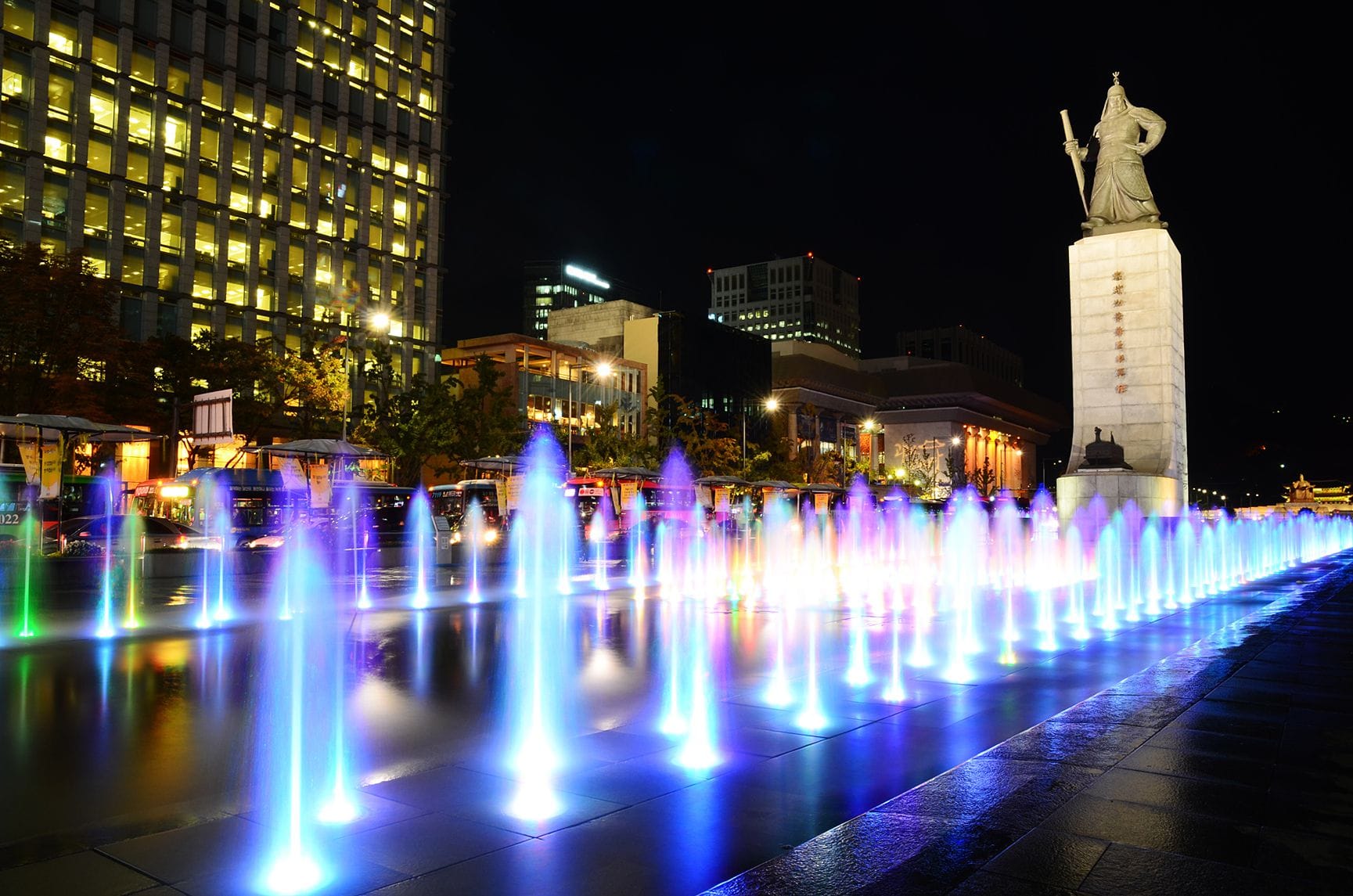
South Korea(Republic of Korea) - the land of Admiral Yi Sun-sin's legendary naval victories and BTS's global domination - celebrates its 80th Liberation Day this year. As I tried to understand why this day holds such profound meaning for Koreans, I discovered it's far more than just another national holiday. The flag photos flooding my Korean friends' social media, the massive commemorative events on the news... they all tell a story that goes deeper than I initially imagined.
What first puzzled me was why Koreans call it 'Liberation Day' rather than 'Independence Day.' The answer, I learned, is beautifully simple yet profound. Korea wasn't a newly born nation - it was a 5,000-year-old civilization that had been forcibly taken for 35 years and then reclaimed. That's why they use 'Gwangbok (光復)' - literally meaning 'the return of light' - rather than independence.
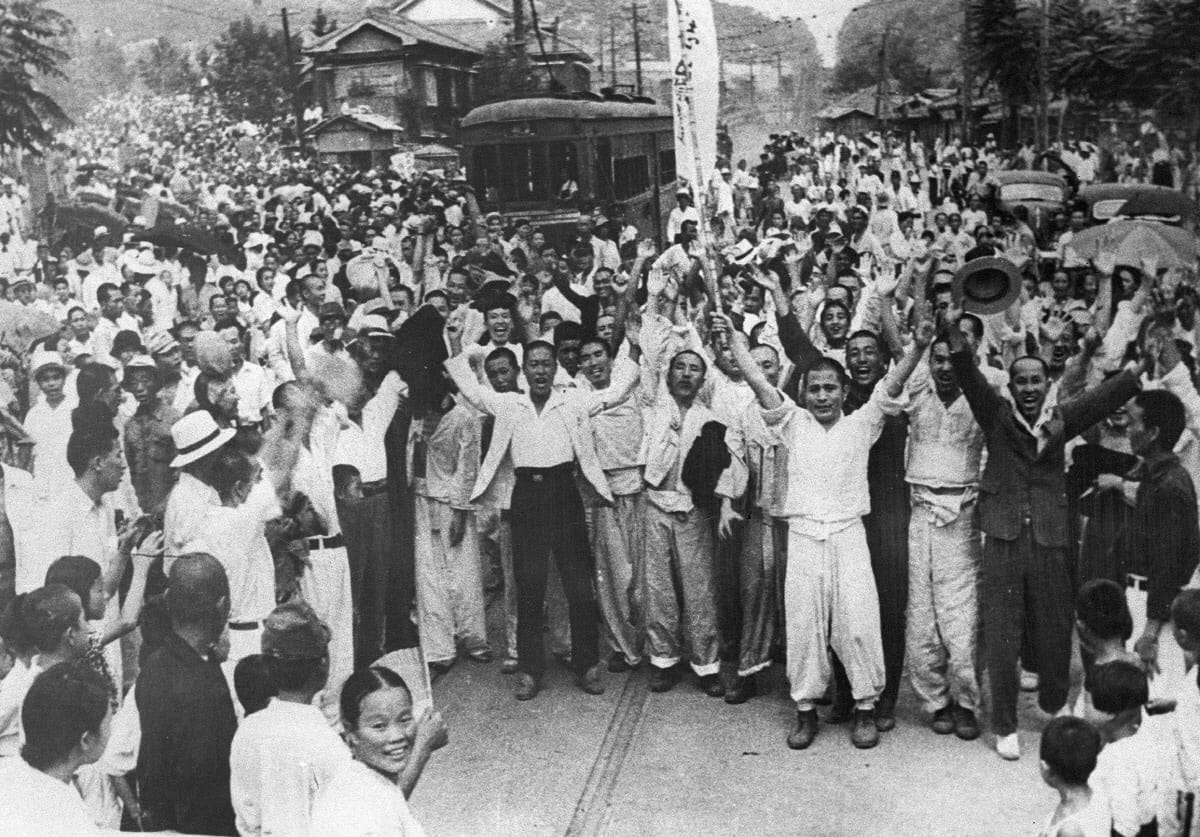
What August 15, 1945 Really Meant
Eighty years ago on this day, the Japanese Emperor's surrender broadcast freed the Korean Peninsula from 35 years of colonial rule. Reading through historical accounts, the suffering Koreans endured is almost beyond comprehension. From 1939, the Name Change Ordinance forced every Korean to adopt Japanese names. The Korean language was banned. Over 200,000 Korean history books were burned.
Even more shocking are the stories of hundreds of thousands of Koreans dragged to Japanese coal mines and factories, working essentially as slaves. And the so-called 'comfort women' system... around 200,000 women, mostly teenage girls, were forced into sexual slavery for the Japanese military. Every time I read these accounts, my heart feels heavy.
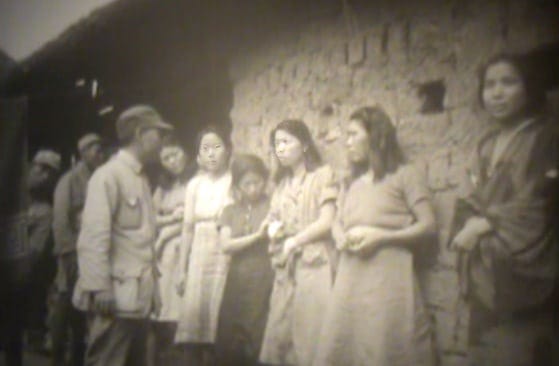
Historic landmarks like Gyeongbokgung Palace were destroyed or remodeled in Japanese style, while countless cultural treasures were shipped to Japan. It was a systematic attempt to erase an entire people's identity.
The March 1st Movement: A Nonviolent Resistance That Caught the World's Attention
Studying Korea's independence movement history, March 1, 1919 stands out as extraordinary. Over 2 million people - more than 10% of the population - rose up simultaneously across the country, shouting "Long live Korean independence!" What's remarkable is that this was entirely nonviolent.
The 33 national representatives who signed the Declaration of Independence actually called the Japanese police themselves after reading it, telling them to come arrest them. Such courage and conviction is truly striking. But Japan's response was brutal. They fired on peaceful protesters, killing approximately 7,500, wounding 16,000, and arresting 46,000.
The story of Yu Gwan-soon, a 16-year-old girl, is particularly heartbreaking. She led independence demonstrations in her hometown, was arrested, and died from torture in prison. Names like Ahn Jung-geun and Yun Bong-gil have become familiar to me now - all of them risked everything for their country's freedom.
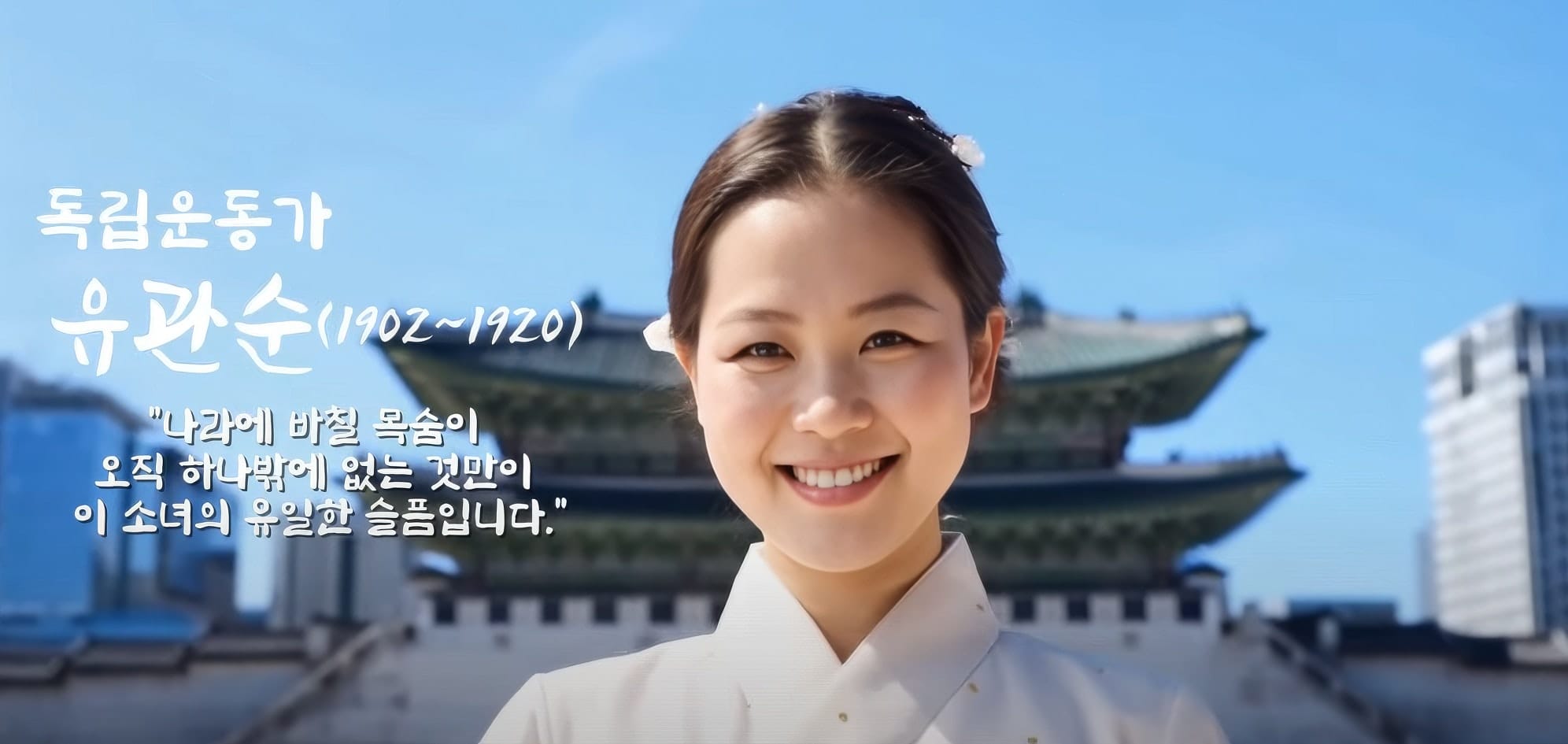
Korean Independence Activists Returning to Gyeongbokgung Palace in Hanbok
Division and Reconciliation: History Still in Progress
Now I understand why Liberation Day evokes such complex emotions. The joy of liberation quickly led to division at the 38th parallel, and five years later came the tragedy of the Korean War. North Korea also commemorates the same day as 'Liberation of the Fatherland Day,' but the two countries continue walking different paths, still divided.
Historical issues with Japan remain unresolved too. Comfort women survivors still await genuine apologies, and forced labor compensation disputes continue in international courts. While Korea's Supreme Court ordered Japanese companies to pay compensation in 2018, actual implementation hasn't happened.
The DNA of Democracy and Freedom
What struck me studying modern Korean history is the passion Koreans have shown for democracy. The June Democratic Uprising of 1987, the Candlelight Revolution of 2016... these peaceful citizen revolutions that ended dictatorships and toppled corrupt regimes are impressive.
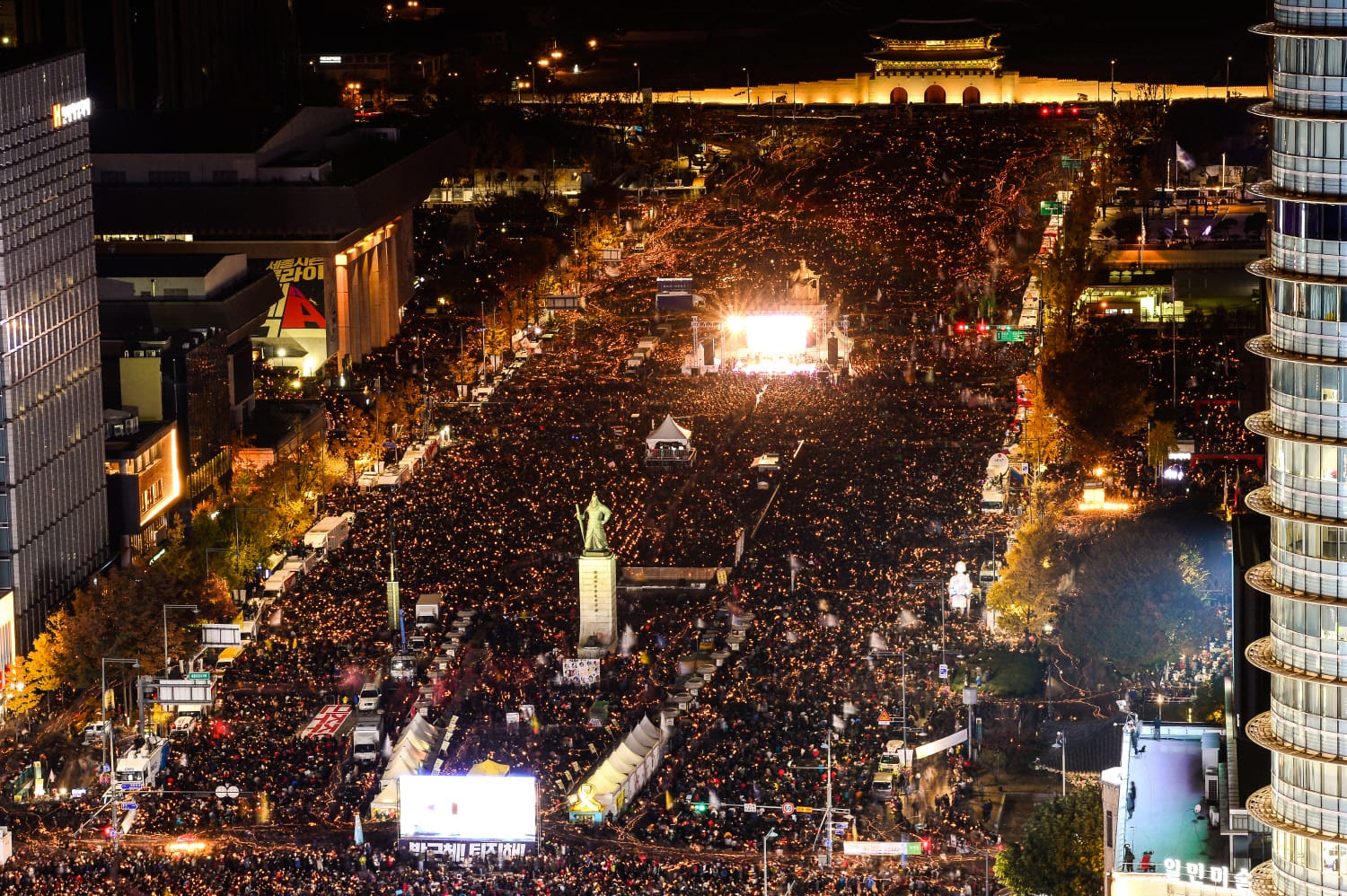
I wonder where this passion comes from. Perhaps it's because they know what it means to lose freedom. The colonial suffering experienced by their grandparents' generation, passed down as family memories, seems to have taught them just how precious freedom really is.
Korea's Resurrection Captivates the World
Just 80 years ago, Koreans were forbidden from speaking their own language. Poet Yun Dong-ju died under mysterious circumstances in a Japanese prison for writing poetry in Korean. But look at today - BTS conquers the Billboard charts singing in Korean, while Korean dramas and films capture global audiences through Netflix.
From the ruins of war to a top-10 global economy, from aid recipient to aid donor... these transformations were possible because of that day's liberation.
As Korea marks the 80th anniversary of liberation in 2025, the country still faces many challenges - the world's lowest birth rate, youth unemployment, social polarization. But looking at their history of overcoming greater difficulties, I believe they'll solve these too.
If I ever visit Korea, I'd love to experience August 15th. I want to feel firsthand that special moment where shouts and tears, joy and pain coexist. Until then, I'll continue trying to understand Korea's history and present from afar, remembering the preciousness of freedom.
"Liberation Day is the day Korea returned to being Korea. The day light returned. And that light continues illuminating the world today."
